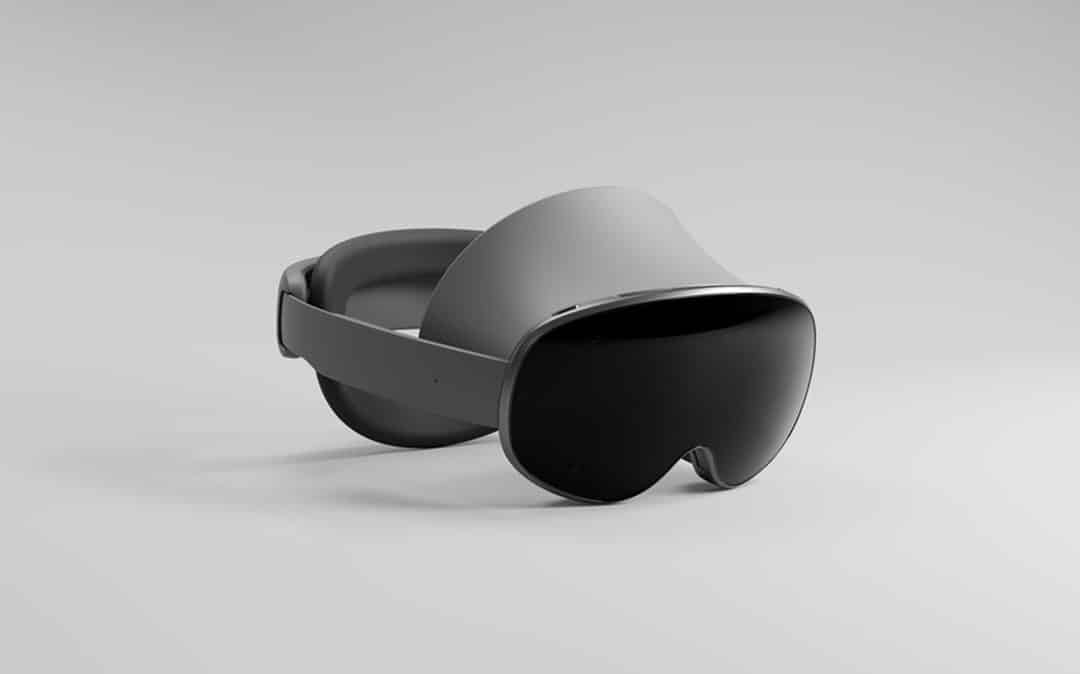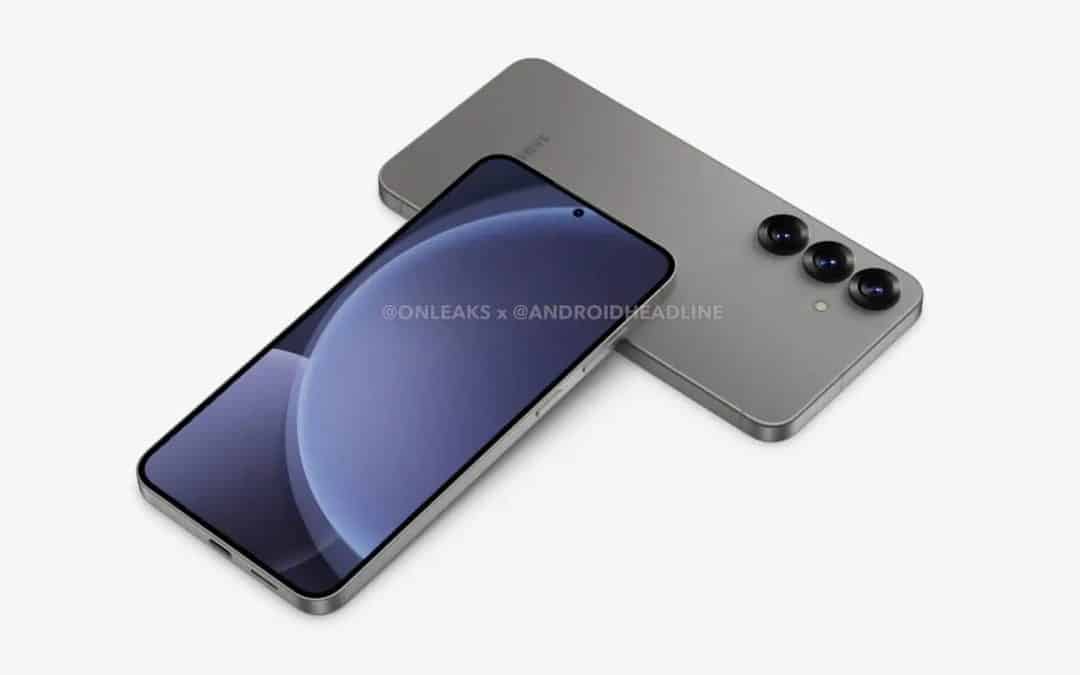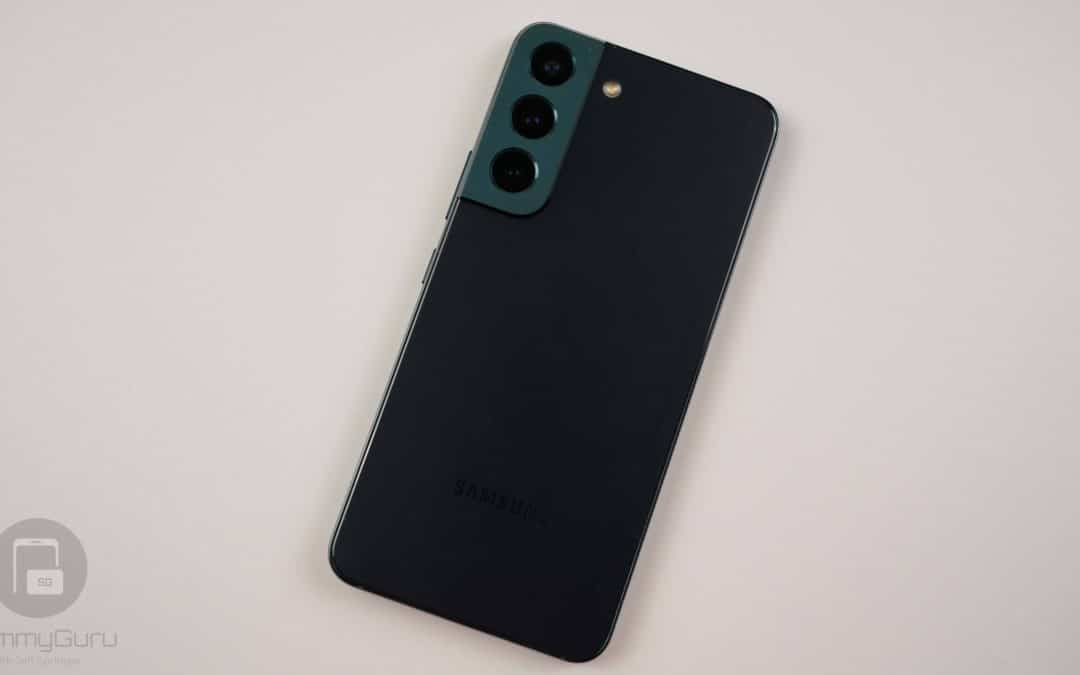We might be nearing the final pages of the Samsung vs. BOE battle. Or perhaps there could be an interesting twist. In December 2022, Samsung dragged over 17 companies into an OLED patent infringement case, with BOE joining as a defendant in March 2023. Today, the US International Trade Commission (ITC) ruled in favor of Samsung Display, stating in a preliminary infringement verdict that BOE, China’s biggest display maker, illegally used Samsung Display’s OLED tech.
Samsung Display now has an edge over BOE, but there’s a catch
Although the ITC found that BOE infringed on three of Samsung Display’s patents, The Elec reports, the story isn’t over yet. Samsung’s request to ban imports of BOE panels wasn’t accepted, and the final decision is still underway, expected in March 2025.
Notably, BOE has managed to score major clients such as Apple by meeting its iPhone and iPad demands. For example, the upcoming iPhone SE 4 could use BOE’s display. If the ruling decides to ban BOE imports, the release of the iPhone SE 4 could be delayed indefinitely.
More importantly, BOE has impressed Apple and others in recent times. The widely applauded iPad Pro 2024 for its display also uses BOE-made displays. Apple is not the only company that deals with BOE; Samsung has even used BOE panels.
So, what’s next for the Samsung vs. BOE OLED case?
What happens next remains to be seen. But if the ruling imposes an import ban, it could not only make things tougher for BOE. It will also create a difficult situation for all the phone makers dependent on BOE for OLED.
Let’s understand this with one example: a phone maker has a long supply chain, where the company deals with several other companies for each part, such as chipsets, cameras, displays, and more. That’s why any disruption in the supply chain impacts the entire system. Consumers, like us, end up waiting longer for the final product, and in some cases, companies delay product launches.






